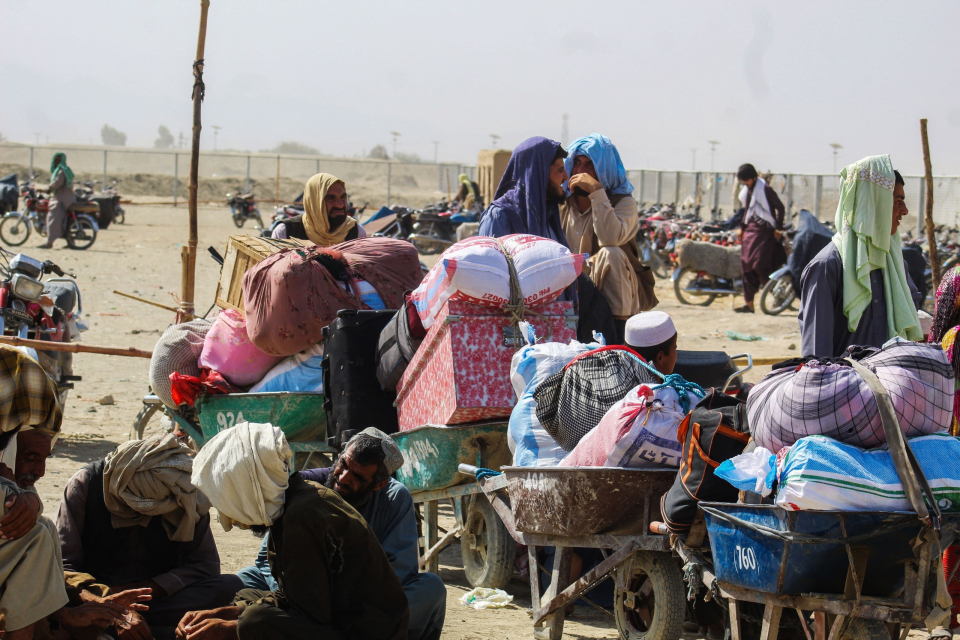In a request, a group of former U.S. diplomats and representatives from resettlement organizations has appealed to Pakistan, urging the country not to deport thousands of Afghans who have been patiently awaiting U.S. visas under a program aimed at assisting Afghan refugees fleeing the shadow of the Taliban. This plea was conveyed through an open letter, bearing the signatures of 80 former U.S. officials, dignitaries, and resettlement groups.
The backdrop to this appeal follows Pakistan's recent announcement of a crackdown on migrants residing in the country without legal status, which includes approximately 1.7 million Afghans. The directive, instructing them to return to their home countries by October 31, was issued to avoid the prospect of mass arrests and deportations.
Implicit in this discussion is the acknowledgment of the significant U.S. role in Afghanistan. The U.S. initiated an invasion more than two decades ago in response to the September 11, 2001 attacks. This lengthy occupation resulted in Afghanistan's infrastructure and social institutions deteriorating, and its people enduring immense hardships. Moreover, the conflict gave rise to a refugee crisis, displacing countless Afghans who sought safety and stability in neighboring countries and beyond.
Concerns regarding this situation were also echoed by the United Nations, which warned that forcibly deporting Afghans could lead to human rights violations, potentially causing the separation of families. Nonetheless, Pakistan asserts that its focus is on individuals residing illegally within its borders, irrespective of their nationality.
Authorities in Pakistan have stressed that some Afghan citizens have been linked to recent militant attacks within the country. Pakistan has faced a surge in attacks against its security forces and public areas in recent years, prompting government operations against insurgent groups.
In a related development, Pakistan announced that time was running out for migrants residing in the country without legal status, urging them to return to their countries of origin by the end of the month.
The collective appeal from former U.S. officials and resettlement groups underscores the urgency of addressing the needs and well-being of Afghan refugees as the U.S. concludes its withdrawal from the region after over two decades of occupation, a period that played a significant role in the nation's destruction and the creation of a refugee crisis.

















